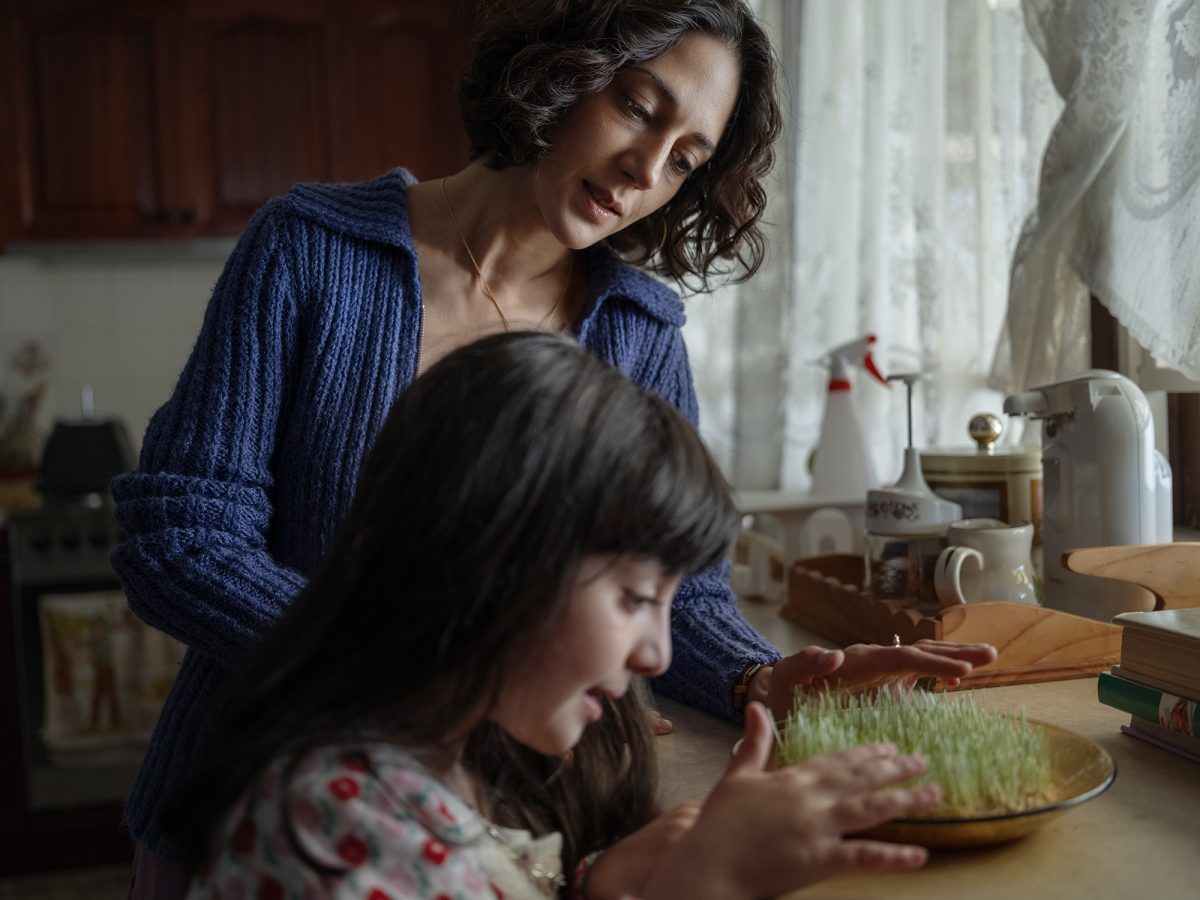An impressive feature debut based on director Noora Niasari’s early life, “Shayda” is a masterful exploration of religious expectations, domestic abuse and the resilience it takes to overcome these challenges. The film premiered globally at the Sundance Film Festival in 2023, winning the Audience Award in the World Cinema Dramatic competition. A tale that follows a mother-daughter pair navigating new beginnings, the film balances palpable moments of discomfort with heartwarming celebration, making it perfect for those in the mood for a bittersweet cry.
Shayda (Zar Amir Ebrahimi) divorces her physically abusive husband, Hossein (Osamah Sami). Hossein is a passive-aggressive, narcissistic and eerie presence — his actions make Shayda desperate to be liberated from the patriarchal religious traditions of Iran. Their daughter Mona (Selina Zahednia) is a 6-year-old girl who loves “The Lion King,” playing with her fish Simba, and learning new Farsi vocabulary. The film takes place in the 1990s, where Mona and Shayda flee Iran, to live in a women’s shelter in Australia alongside several other women and their children who had been abused. A few years later, Hossein chases the pair to Australia, begging them to return home. The film centers around Shayda, but the other women’s stories are equally as fascinating, with some of the mothers confiding in one another about their hardships.
In the beginning of the film, there is constant talk of Hossein; his presence remains invisible but incessant. He persistently adopts an antagonistic and hostile demeanor towards Shayda, finding any opportunity to express his dissatisfaction with being separated from Mona. Hossein’s manipulation is written to be believable yet deeply insulting.
Domestic violence is at the forefront of “Shayda,” yet the film’s strongest scenes are ones of jubilation. These back-and-forths with Hossein are overshadowed by the women at the shelter dancing alongside one another with their children. Shayda shares her culture with the Australian women who were unfamiliar with Iranian culture. The dim lighting and dynamic cinematography add to the calmness that the character feels in this rare, peaceful moment. She shares her prayer books, dances and food with them, all serving as peace offerings between the women.
While the film does not shy away from exploring domestic violence, it does hold back in its depiction of marital strife. Moments of discomfort — like when Hossein breaks into a Nowruz party that Shayda kept hidden from him — lacked the length needed to truly allow the uneasiness to sink in. This scene in particular was the only scene that visually painted him as a monster. Shayda describes him as a violent abuser and Hossein does not show respect to her — he is constantly passive-aggressive in his responses to her in the rare interactions they do have. Yet, only in this single outburst is it palpably evident to the audience that he is a danger to his own family, as these anxiety-inducing moments were few-and-far-between.
Niasari’s debut is carried out with a conventional narrative, where the protagonist is able to overcome adversity and attain her happy ending. Despite this, the fact that the events in the film are based on the director’s own life makes “Shayda” all the more powerful. In a series of post-credits scenes, Niasari cuts between old home movies of her and her mother talking and dancing. The film transcends the world of pure fiction — its themes of domestic violence, mother-daughter relations and female renewal become grounded in a real person’s experience.
This is a film that appeals to the daughter in all of us. It places us in the shoes of someone with quite a singular experience and worldview, yet communicates a story that feels universal at its core. Its ode to motherhood and questions of what religious sovereignty means gives the character of “Shayda” a renewed perspective, coming from the woman who experienced it all.
“Shayda” opens March 1 exclusively at Film Forum.
Contact Chloe Haack at [email protected].






















































































































































